From April 1, 2025, several important income tax rule changes will come into effect. These were announced in the Union Budget 2025 by Finance Minister Nirmala Sitharaman with the goal of simplifying the tax system, boosting consumption, and encouraging investments. Here’s a complete breakdown of what taxpayers should know for the financial year 2025-26.
New Income Tax Regime: Updated Slabs and Rates
Under the revised New Tax Regime, the income tax slabs have been completely restructured to offer greater benefits for middle-class taxpayers.
Revised Income Tax Slabs (FY 2025-26)
Rs 0 – Rs 4,00,000: No Tax
Rs 4,00,001 – Rs 8,00,000: 5%
Rs 8,00,001 – Rs 12,00,000: 10%
Rs 12,00,001 – Rs 16,00,000: 15%
Rs 16,00,001 – Rs 20,00,000: 20%
Rs 20,00,001 – Rs 24,00,000: 25%
Above Rs 24,00,000: 30%
Key Highlight:
Taxpayers with annual income up to Rs 12 lakh will not have to pay any income tax under the new regime, thanks to a higher rebate under Section 87A.
Section 87A Rebate Increased
The government has enhanced the tax rebate limit under Section 87A from Rs 25,000 to Rs 60,000. This means:
If your total income is Rs 12 lakh or less, your entire tax liability will be waived off.
Salaried individuals can claim an additional Rs 75,000 standard deduction, effectively making their tax-free income threshold Rs 12.75 lakh.
How Tax Will Be Calculated Above Rs 12 Lakh?
Let’s understand with an example:
If your income is Rs 12.1 lakh (non-salaried):
On first Rs 4 lakh – 0% tax = Rs 0
On next Rs 4 lakh (Rs 4–Rs 8 lakh) – 5% = Rs 20,000
On next Rs 4 lakh (Rs 8–Rs 12 lakh) – 10% = Rs 40,000
On the remaining Rs 10,000 – 15% = Rs 1,500
Total Tax Payable = Rs 61,500
Note: Salaried taxpayers will benefit from a Rs 75,000 standard deduction.
Old Tax Regime: No Changes
If you opt for the Old Tax Regime, the slab structure remains unchanged:
Rs 0 – Rs 2.5 lakh: No Tax
Rs 2.5 – Rs 5 lakh: 5%
Rs 5 – Rs 10 lakh: 20%
Above Rs 10 lakh: 30%
Taxpayers can still claim deductions like 80C, 80D, HRA, and others under this regime.
10 Other Key Income Tax Changes Effective April 1, 2025
1. TDS Rules Relaxed
TDS limit on interest income for senior citizens increased to Rs 1 lakh.
Other TDS thresholds revised for better ease of compliance.
2. TCS Limit Increased
The TCS threshold for foreign remittances and travel raised from Rs 7 lakh to Rs 10 lakh.
3. Updated ITR Filing Time Extended
The window to file an updated return (ITR-U) has been expanded from 12 months to 48 months (4 years).
4. Startup Tax Benefits Extended
Startups registered up to April 1, 2030, can claim 100% tax exemption for 3 years under Section 80-IAC, subject to eligibility.
5. IFSC Tax Exemption Extended
Tax exemptions under the International Financial Services Centre (IFSC) are now valid till March 31, 2030.
6. Removal of Sections 206AB and 206CCA
These sections were related to higher TDS/TCS rates for non-filers.
Their removal will make compliance simpler for deductors and collectors.
7. Salary Paid to Partners
A cap has been introduced on the salary that can be paid to partners in partnership firms, which will help maintain transparency in firm expenses.
8. Tax on High-Value ULIPs
ULIPs with annual premiums above Rs 2.5 lakh or exceeding 10% of the sum assured will now be taxed as capital gains.
Final Thoughts: Plan Ahead for FY 2025-26
The upcoming changes from April 1, 2025, will significantly impact tax planning and financial strategies for both individuals and businesses. With higher rebate limits, revised slabs, and extended compliance timelines, taxpayers have an opportunity to optimize their savings and reduce their tax liability.
If you’re a salaried or self-employed individual, it’s the right time to evaluate whether the new regime or the old regime works better for you, based on your income and deductions.

BBW News Desk is the editorial team of BigBreakingWire, a digital newsroom focused on global finance, markets, geopolitics, trade policy, and macroeconomic developments.
Our editors monitor government decisions, central bank actions, international trade movements, corporate activity, and economic indicators to deliver fast, fact-based reporting for investors, professionals, and informed readers.
The BBW News Desk operates under the editorial standards of BigBreakingWire, prioritizing accuracy, verified information, and timely updates on major global developments.











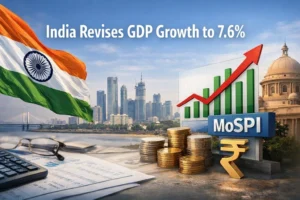

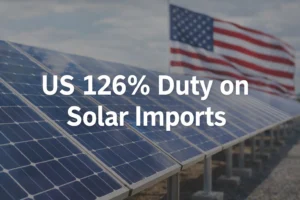








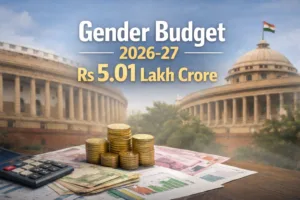




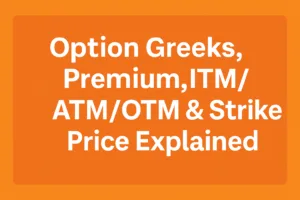
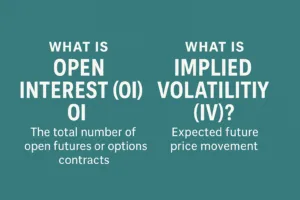



Be First to Comment